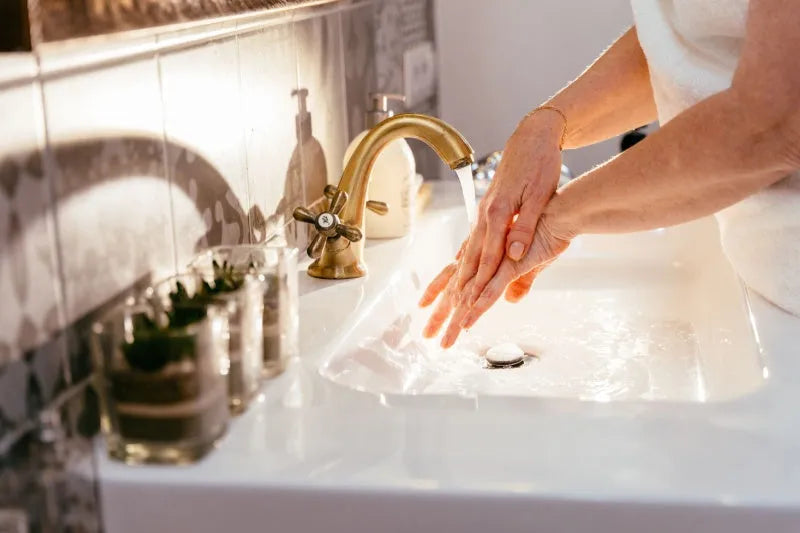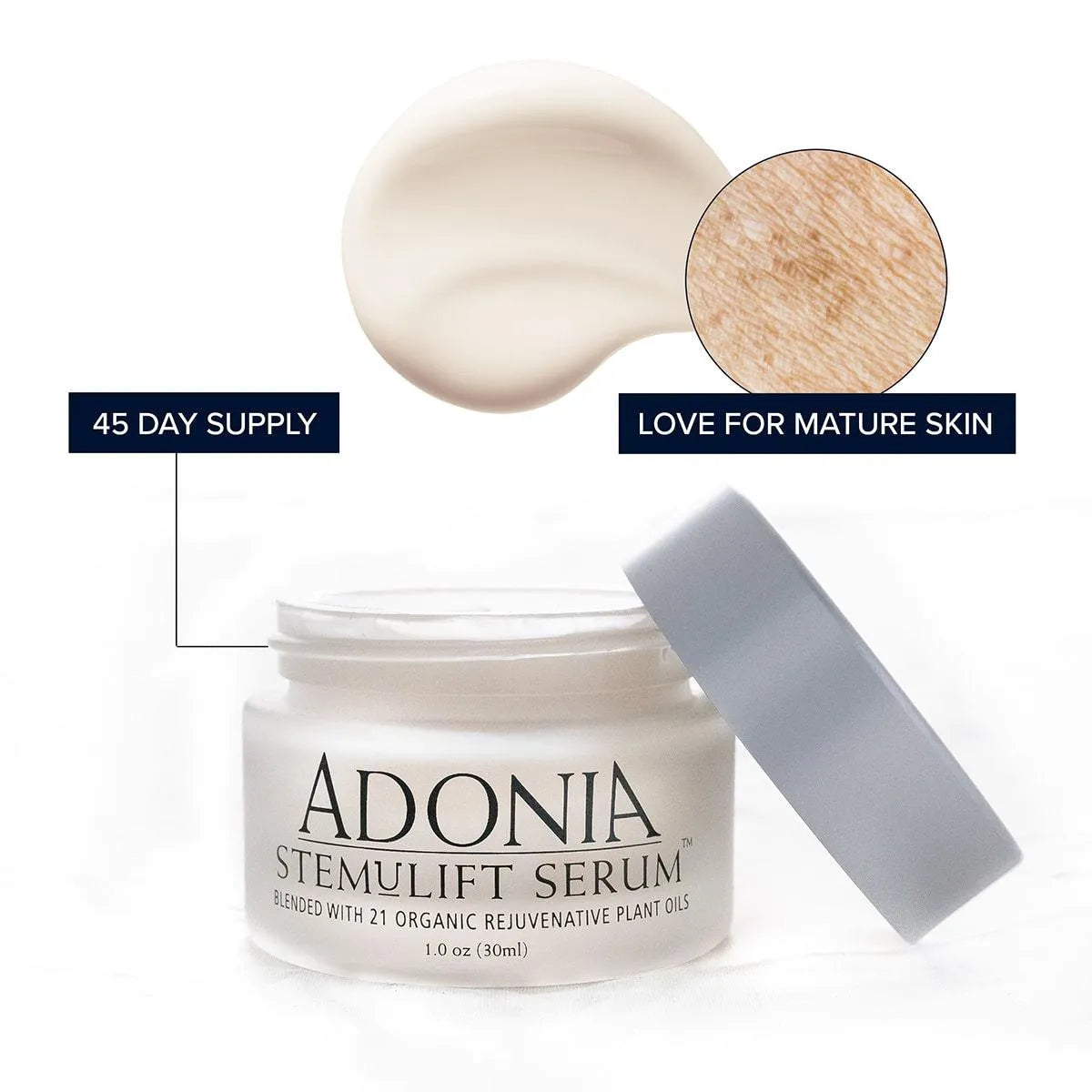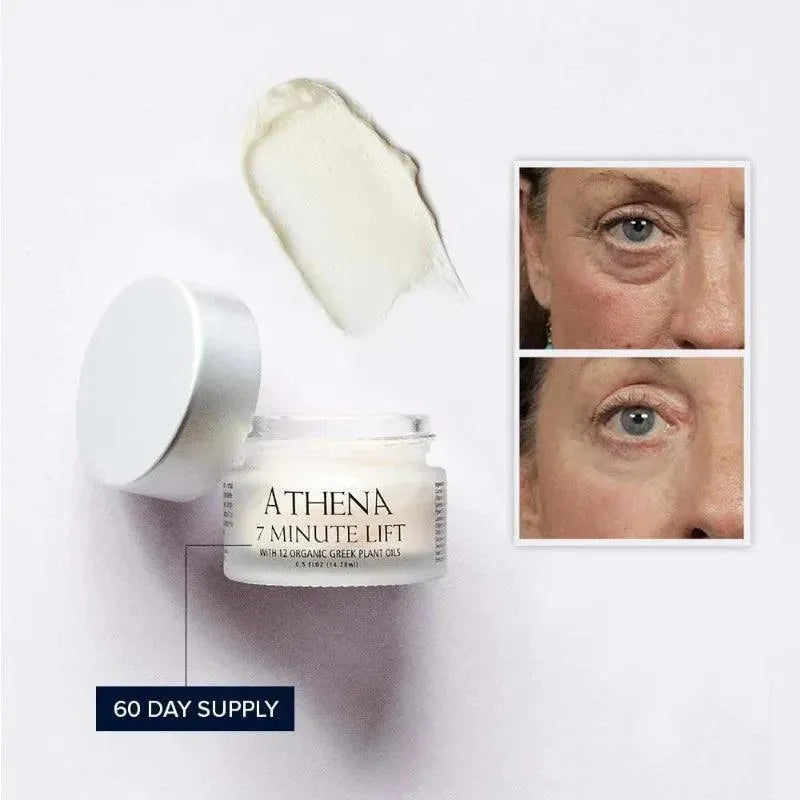
Out Damned Spots!
Dark spots—those unwelcome marks on your face and body that seem to appear out of nowhere. Whether they're caused by sun exposure, aging, or skin trauma, these spots, known as hyperpigmentation, can be frustrating. But don't worry! There are safe and effective ways to fade them without harming your skin. Let’s dive into the most tried-and-true methods, from topical treatments to professional procedures, and how you can prevent them in the future.
Understanding Dark Spots (Hyperpigmentation)

Before we tackle how to get rid of dark spots, it's important to know what they are. Hyperpigmentation occurs when certain areas of your skin produce excess melanin, the pigment responsible for skin color. This can be triggered by:
- Sun exposure: The leading cause, often resulting in sunspots or age spots.
- Post-inflammatory hyperpigmentation (PIH): Occurs after skin trauma like acne, cuts, or rashes.
- Hormonal changes: Melasma, often seen in pregnant women or those using birth control.
- Aging: As skin matures, it tends to develop uneven pigmentation.
Now that we know what we're dealing with, let’s jump into how to treat them.
At-Home Treatments for Dark Spots

Topical Treatments
Topical treatments are usually the first line of defense for fading dark spots. Look for over-the-counter (OTC) products that contain active ingredients known to reduce pigmentation.
Vitamin C
Vitamin C is a powerful antioxidant that can brighten the skin by inhibiting melanin production. It’s best for targeting sunspots and general hyperpigmentation. Consistent use of a Vitamin C serum can reduce the appearance of dark spots while protecting the skin from future sun damage.
Pro Tip: Vitamin C can be sensitive to light and air, so always store it in a cool, dark place, and look for products in opaque bottles.
Niacinamide

This form of Vitamin B3 is excellent for reducing the appearance of dark spots while also calming inflammation. Niacinamide is especially helpful if your dark spots are the result of acne. It’s gentle, making it a great choice for those with sensitive skin.
Adonia StemuLift is a unique combination of day and night cream in ONE. This advanced plant stem cell serum is blended with 21 botanical ingredients that will immediately reduce the appearance of dark spots, wrinkles and saggy skin.
Retinoids (Retinol)

Retinoids are a go-to for dermatologists when it comes to treating dark spots. These Vitamin A derivatives speed up cell turnover, allowing new, even-toned skin to emerge faster. While highly effective, retinoids can cause irritation, so they should be used sparingly at first, especially if you have sensitive skin.
One of the active ingredients you'll find in Athena 7 Minute Lift serum from Adonia Organics is Vitamin A, also known as Retinol, which has been shown in studies to lead to visible improvement in fine wrinkling, smoothness and hyperpigmentation of photodamaged skin.
Note: If you're new to retinoids, start by using them every other night and always wear sunscreen during the day, as they can increase sun sensitivity.
Alpha Hydroxy Acids (AHAs) and Beta Hydroxy Acids (BHAs)
AHAs (like glycolic acid) and BHAs (like salicylic acid) are exfoliating acids that help remove the top layer of dead skin cells. This reveals fresher skin underneath and can lighten dark spots over time. They’re especially helpful for sun damage and post-inflammatory hyperpigmentation.
Tip: BHAs are oil-soluble, making them a great option if your dark spots are accompanied by acne or clogged pores.
Natural Remedies for Dark Spots

If you prefer a gentler, more natural approach, several home remedies can help lighten dark spots. Though they may not work as quickly as medical treatments, they are generally safer for sensitive skin and are worth trying for mild cases of hyperpigmentation.
Aloe Vera
Known for its soothing properties, aloe vera contains aloesin, which can help fade dark spots. Apply fresh aloe vera gel directly to the affected area daily for the best results.
Licorice Extract
Licorice root extract contains glabridin, which inhibits melanin production. This is a common ingredient in brightening creams and is great for fading sun-induced dark spots.
Apple Cider Vinegar

Apple cider vinegar contains acetic acid, which may help lighten pigmentation over time. Dilute it with water and apply it to dark spots using a cotton pad. But be careful, as it can be too harsh for sensitive skin.
Green Tea Extract
Green tea is packed with antioxidants that can improve skin health and lighten dark spots over time. You can apply green tea extract directly to the skin or use products that contain it.
In-Office Treatments for Dark Spots

When at-home treatments aren’t enough, professional procedures offer more aggressive and effective solutions. But remember,these can be quite a lot more costly. Here are some dermatologist-recommended options:
Chemical Peels
Chemical peels use acids to exfoliate the top layer of skin, which can dramatically improve the appearance of dark spots over time. Mild peels use AHAs, while stronger peels may use trichloroacetic acid (TCA) or phenol for deeper penetration.
Laser Treatments
Laser treatments, like IPL (Intense Pulsed Light) and Fraxel, can target dark spots with precision. These treatments break up the pigment in the skin, allowing the body to naturally eliminate it. Laser treatments are highly effective but often come with a higher price tag and require downtime for recovery.
Microdermabrasion

Microdermabrasion involves physically exfoliating the skin with tiny crystals to remove the outermost layer. This is a great option for mild to moderate dark spots caused by sun damage or acne scars.
Cryotherapy
Cryotherapy involves freezing dark spots with liquid nitrogen, which causes the top layer of skin to peel off, taking the pigmentation with it. This treatment is often used for isolated spots, such as sunspots.
How to Prevent Dark Spots
Now that we’ve covered how to treat dark spots, prevention is key to keeping them from coming back. Here’s how to protect your skin from further hyperpigmentation:
Wear Sunscreen
Sunscreen is the number one way to prevent dark spots from forming. Use a broad-spectrum SPF 30 or higher every day, even on cloudy days or when you’re indoors, as UV rays can penetrate windows. Reapply every two hours if you’re outside.
Avoid Picking at Your Skin

Whether it’s a pimple or a bug bite, resist the urge to pick at it! Trauma to the skin increases melanin production and can lead to dark spots.
Incorporate Antioxidants
Use antioxidant-rich skincare products, like Vitamin C and Vitamin E, to protect your skin from free radicals caused by UV exposure and pollution. These products can also help brighten your skin tone over time.
Be Mindful of Hormonal Changes

If you’re experiencing hormonal changes, such as pregnancy or menopause, be aware that melasma can occur. Take extra care witn sun protection and consider consulting a dermatologist for treatment options tailored to hormonal hyperpigmentation.
There Can Be a Happy Ending!
Dark spots don’t have to be a permanent part of your skin. With the right combination of topical treatments, in-office procedures, and preventive care, you can achieve an even, glowing complexion. Patience and consistency are key, as it often takes time to see significant results. And remember, the best cure is prevention—always wear sunscreen and protect your skin from harmful environmental factors.

